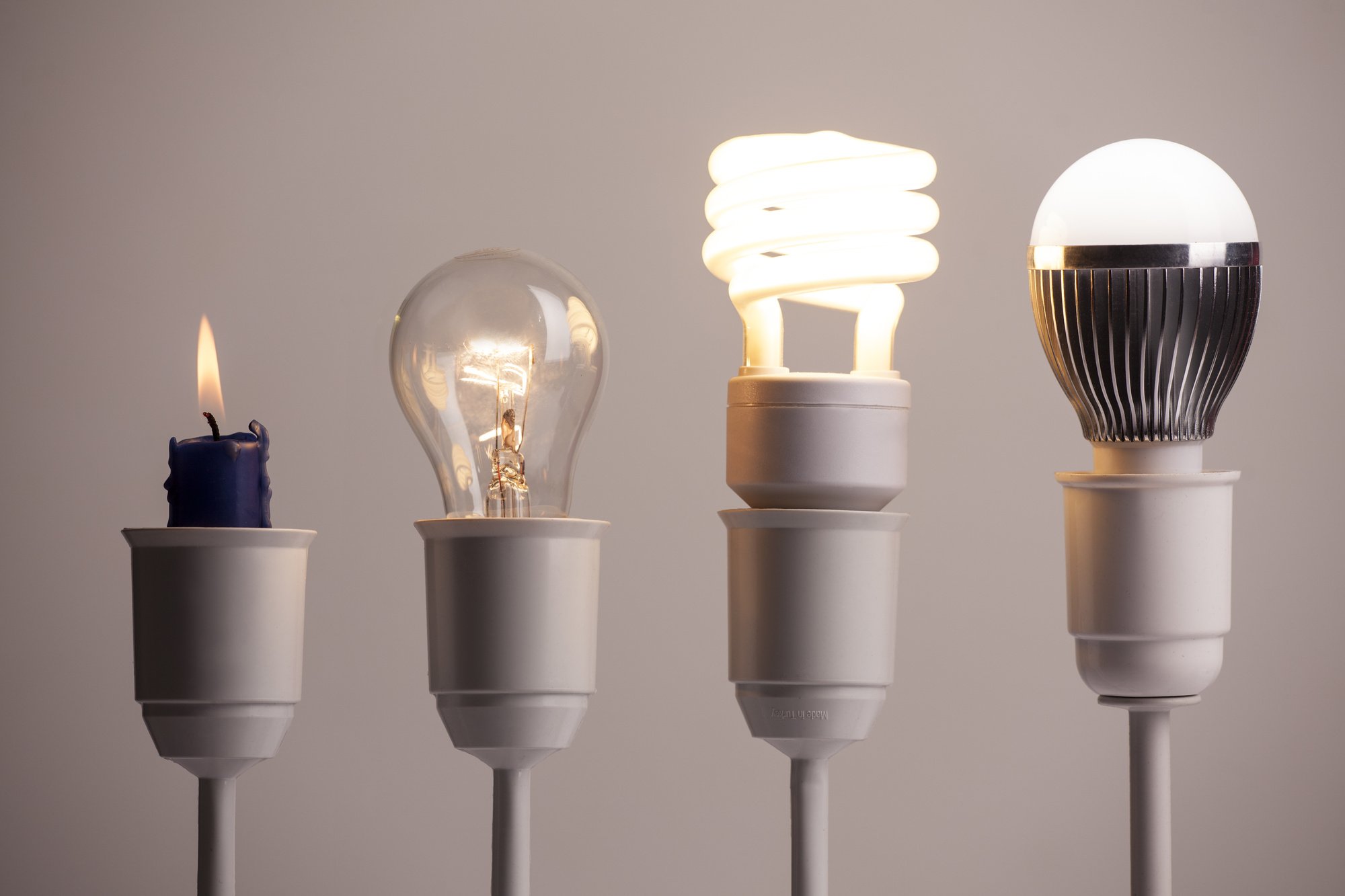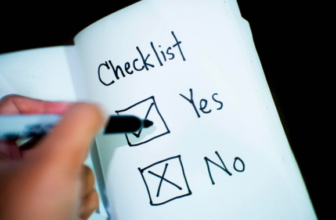
Today, around 25% of adults can play the piano, which makes it one of the most popular instruments around. If you’ve always wanted to play an instrument, the piano is a good place to start, as it can build your musical foundation for other instruments.
There are some things to consider before starting though. Read on for 4 things you should know about learning piano.
1. You Need to Practice
This might sound obvious, but we don’t mean just plunking away for 10 minutes at a time whenever you feel like it.
If you want to truly learn piano, then you need to set aside a good chunk of time every day to practice. For beginners, 30 minutes to 1 hour a day is decent.
You need to practice right too. While it’s fun to browse sheet music and sight-read, you need to build a solid foundation for your piano skills by practicing the “boring” stuff. This means spending time on scales, arpeggios, etc.
2. Private Lessons Are Better
There are group piano classes and you might be tempted to sign up for these since they’re much cheaper. But the fact is, the piano teacher won’t be able to dedicate as much time to you as they can in private lessons.
When you’re just starting off, it’s important to have a dedicated teacher with a skilled eye to catch all your little mistakes. That way, you won’t go on to form bad habits and practice poor techniques.
Yes, it’s more expensive to go private. But if you’re serious about learning piano, it’s a worthwhile investment. For the duration of your lessons, they’ll be completely focused on you, which is good value for money.
3. You Need a Good Piano
You might think that buying a cheap MIDI keyboard is enough to learn piano. While that might be true in the beginning, you’ll soon find that you need a decent piano to hone your skills.
Do yourself a favor and invest in a decent piano from the beginning. Take a look at the renowned piano brands and go from there to pick something right for your budget.
4. It Takes Time to Get Good
Quick learners can get frustrated when they learn piano. Everything might click in your brain, but it probably won’t come out right with your hands!
Don’t worry, as this is perfectly normal. It’ll take time to get used to using the muscles in your hands in a controlled fashion for playing the piano.
Don’t get frustrated; with some patience, hard work, and time; you’ll be able to play the piano skillfully in your sleep!
Start Learning Piano Today
Now that you know what learning piano entails, perhaps you feel ready to tackle this challenge. In that case, contact a local teacher to discuss piano lessons, rates, and more. You’ll be on your musical journey in no time!
If you want to do more than learn to play the piano, then check out our blog page for more informative posts!





